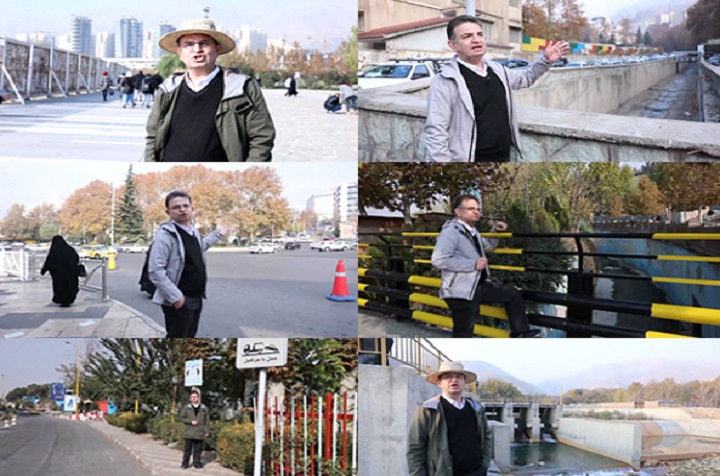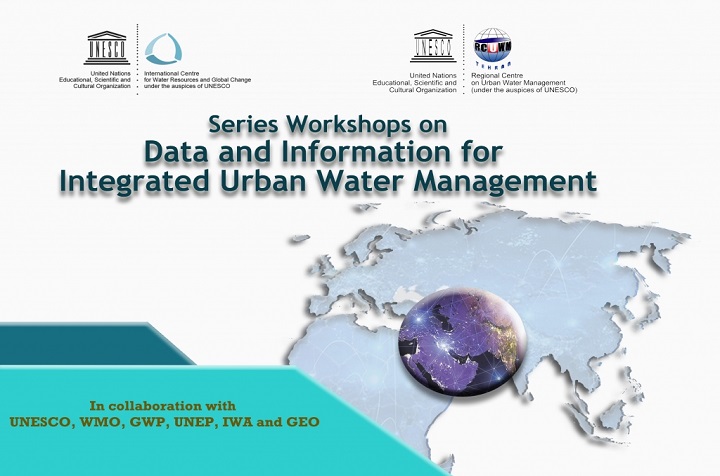Climate change is advancing rapidly. Without resolute counteraction, a global increase in temperature of 2-7oC can be expected to occur by 2100. This will cause more frequent and severe extreme weather events such as heavy rains, drought, heat waves and storms. At the same time, sea levels are continuing to rise. These direct impacts of climate change will have far-reaching effects upon societies and the lives of people around the world. If climate change continues, agricultural yields will decline significantly in many regions of the world and poverty will grow accordingly; drought will make it difficult for many millions of people worldwide to gain access to clean drinking water; extreme weather events will continue to gain destructive force and may confront governments and societies with major issues of adaptation. Many states that are already weak and fragile will be faced with additional environmental stress. Comprehensive changes in bio geophysical conditions will put into danger the livelihood bases of people in the particularly affected regions of the world and will trigger migration.
These changes such as population growth, migration, urbanization, land-use change and climate change / variability will drive the way in which water resources need to be managed in the future. They also call for concrete contributions from water policies and actions to help the world cope with these changes.
Warming will certainly cause hydrologic changes that will affect freshwater resources. These are among the most significant potential impacts of climate change. As the climate warms, there will be changes in the nature of global precipitation, evaporation, snow Park, stream flow and other factors that will affect freshwater supply and quality. Apparently climate change will present challenges to water utilities and planning now could prevent freshwater crisis in upcoming years.
By taking into account the mission of the Regional Centre on Urban Water Management – Tehran (RCUWM – Tehran) to transfer applicable scientific knowledge and to increase know-how and capacities in all cases and dimensions of water management and by considering the mandate of Water, Energy and Environment Research Center (WEERC), Ministry of Water Resources, Lebanon to promote capacity building in various fields of sciences including water related issues, RCUWM – Tehran and WEERC, jointly organized a training workshop on “Impacts of Climate Change on Water Resources Management” held in Beirut, Lebanon, from 27 to 30 October 2011.
Objectives:
The main objective of this 3-day training course followed by a field visit were as follows:
- To strengthen human resources and institutional capacity building and enhance public awareness of water resources issues and challenges;
- To familiarize participants with climate change / variability concepts and modeling;
- To familiarize participants with the latest information and technology for mitigating the negative impacts of climate change / variability on water resources management;
- To provide the participants on opportunities to share their ideas and view-points.
The number of audiences were 30 managers / senior experts in water resources management disaster management from Iran, Lebanon, Iraq, Oman and Italy.




